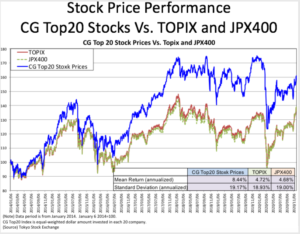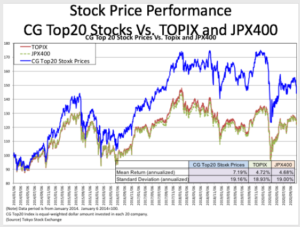“At the center of a fundamental and heated debate about the purpose that corporations should serve, an increasingly influential “stakeholderism” view advocates giving corporate leaders the discretionary power to serve all stakeholders and not just shareholders. Supporters of stakeholderism argue that it would address growing concerns about the impact of corporations on society and the environment. By contrast, critics of stakeholderism object that corporate leaders should not be expected to use expanded discretion to benefit stakeholders. This Article puts forward novel empirical evidence that can contribute to resolving this key debate.
During the hostile takeovers era, stakeholderist arguments contributed to the adoption of constituency statutes by more than thirty states. These statutes authorize corporate leaders to give weight to stakeholder interests in considering a sale of their company. We study how corporate leaders in fact used the power awarded to them by these statutes in the past two decades. In particular, using hand-collected data, we analyze in detail over one hundred cases governed by constituency statutes in which corporate leaders negotiated a sale of their company to a private equity buyer.
We find that corporate leaders have used their bargaining power to obtain gains for shareholders, executives, and directors. However, despite the risks that private equity acquisitions posed for stakeholders, corporate leaders made very little use of their power to negotiate for stakeholder protections. Furthermore, in the cases in which some such provisions were included, they were largely practically inconsequential or cosmetic. We conclude that constituency statutes failed to deliver the benefits to stakeholders that they were supposed to produce.
Beyond their implications for the long-standing debate on constituency statutes, our findings also provide important lessons for the ongoing major debate on stakeholderism. At a minimum, stakeholderists should identify the causes for the failure of constituency statutes and examine whether adoption of their proposals would not suffer from a similar fate. After examining several possible explanations for the failure of constituency statutes, we conclude that the most plausible explanation is that corporate leaders have incentives not to protect stakeholders beyond what would serve shareholder value. Therefore, we argue, the evidence we put together indicates that stakeholderism should be expected to fail to deliver, as constituency statutes did: on the basis of the currently available evidence, stakeholderism should not be supported, even by those who deeply care about stakeholders.”







